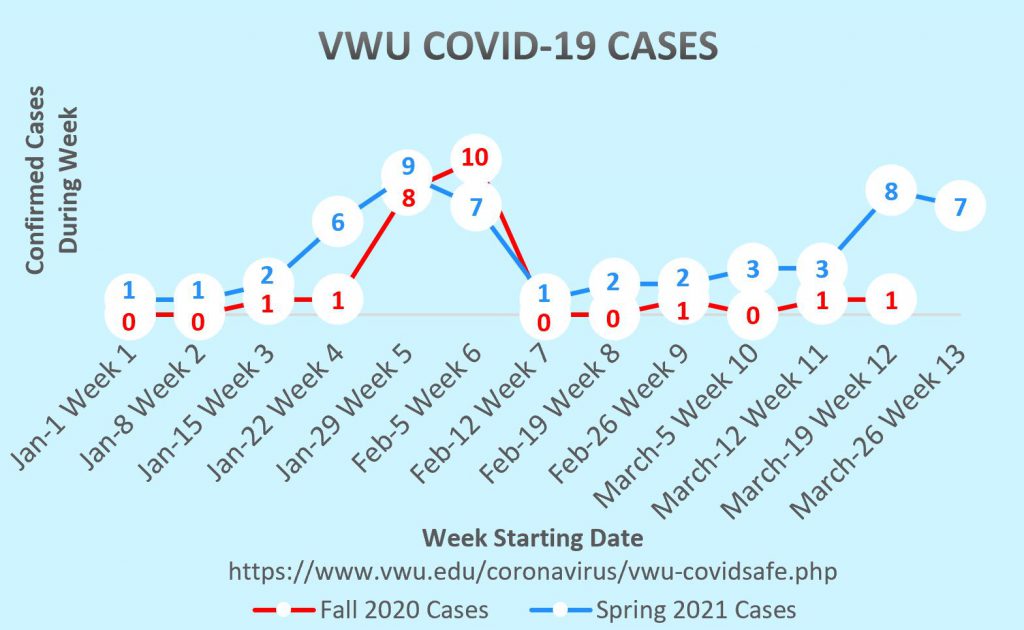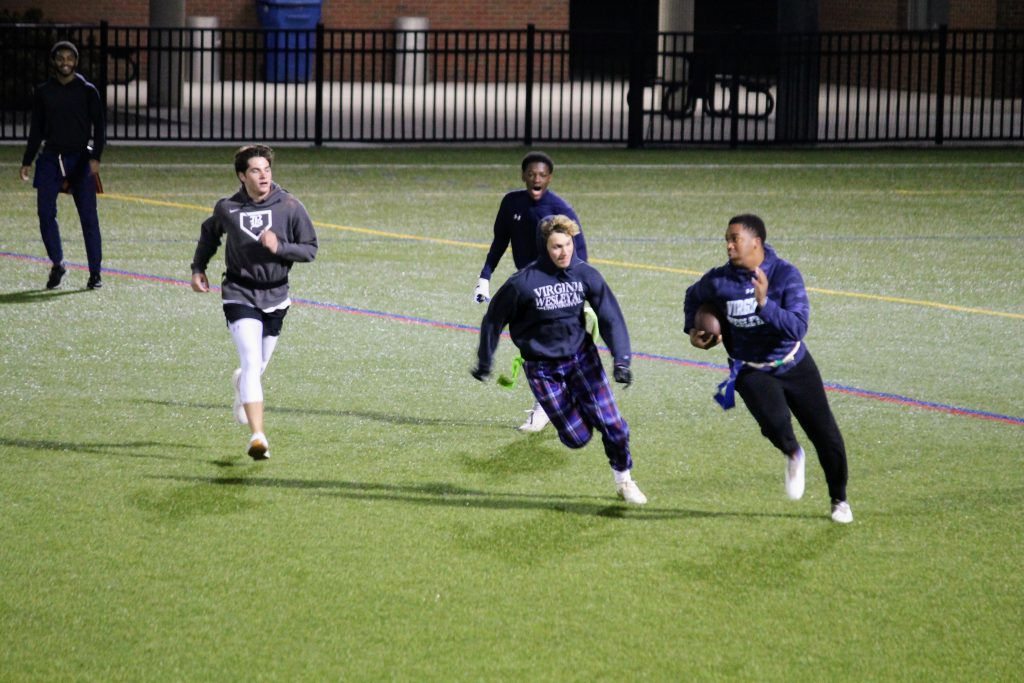Molly Fanney
Everyone remembers leaders such as Gandhi, Pope Francis, and Che Guevara, but I bet most
people wouldn’t know that those people fit the description of unconventional. Virginia Wesleyan offered a new course this past spring semester in which students had to analyze diverse historical and current figureheads and argue whether they are or were unconventional leaders. Led by an instructor with an international perspective, this uncommon course will be turned into a published book containing the research of the students.
Unconventional leaders can be defined as those that primarily use persuasion tactics to gain power. This is also known as soft power in politicalscience lingo. They are identified by the way they use ideology, by being innovative and adaptive, and by how they use the multiplier effect, which translates to how they get people to follow them.
“The whole idea behind the course was to evaluate the behaviors and patterns of effective leaders who use unconventional methods. Unconventional leaders communicate to their followers in really particular ways. Instead of using commands, they convince people they want to follow them. You make them want to do what you want them to do,” said Dr. Aubrey Westfall, professor of political science. She pulled the short straw that got her the position as the coinstructor of the specialized course.
The course is taught by a Dr. Imre Porkolab, a Hungarian colonel and a NATO commander, who was introduced to members of the political science department at Virginia Wesleyan at a NATO event last fall. He approached the department with the desire to teach a course that evaluates the behaviors and patterns of effective leaders who use unconventional methods.
“So when we typically think of leadership, we think of traditional hierarchical leadership,” said Westfall. “Unconventional leadership is kind of a feature of this new technological age where anyone can be a leader. Now, with technology and social media, we see different kinds of leaders emerging using different kinds of tools.”
Dr. Westfall served as “a sort of highlevel teaching assistant,” she says, and was responsible for grading and evaluation of the coursework. With Colonel Porkolab, the students and Dr. Westfall came up with the idea of creating a booklet containing all of the research done by the students enrolled in the class. Each student had to choose an individual whom they believed to be an unconventional leader and then argue their case in 10 to 15 pages of research.The 12 students enrolled chose a broad range of subjects, such as Eleanor Roosevelt, Che Guevara, Beyonce, Gandhi, Pope Francis and General Schwarzkopf, among others. Dr. Westfall said she would have written about Madeleine Albright if she had done the assignment herself. And those aren’t even the most interesting names that were covered.
“One student wrote about Jim Jones,” said Westfall. “After reading the paper, though, I didn’t think he was unconventional. He forced people to do stuff. I think I do understand where the student was coming from because Jones was very persuasive and used lots of ideology, but there was a lot of hierarchy in his structure, so he might be more of a hybrid leader.”
The research papers that the students produce will then be revised into shorter, fourpage arguments that will make up the booklet. The Colonel will create a theoretical framework for the publication. Porkolab has ties to ebook distributors and plans on publishing the collection as an ebook, once everything is edited with Westfall’s assistance. Creating these fourpage arguments is actually the class’s entire final exam. Although they don’t have any concrete dates for the project’s completion, the ebook will definitely be available at the Hofheimer Library when it is published.
The course will only be offered for one more semester, fall 2014, because Porkolab is unfortunately going back to Hungary. It fulfills a “W” requirement and is a political science elective.

